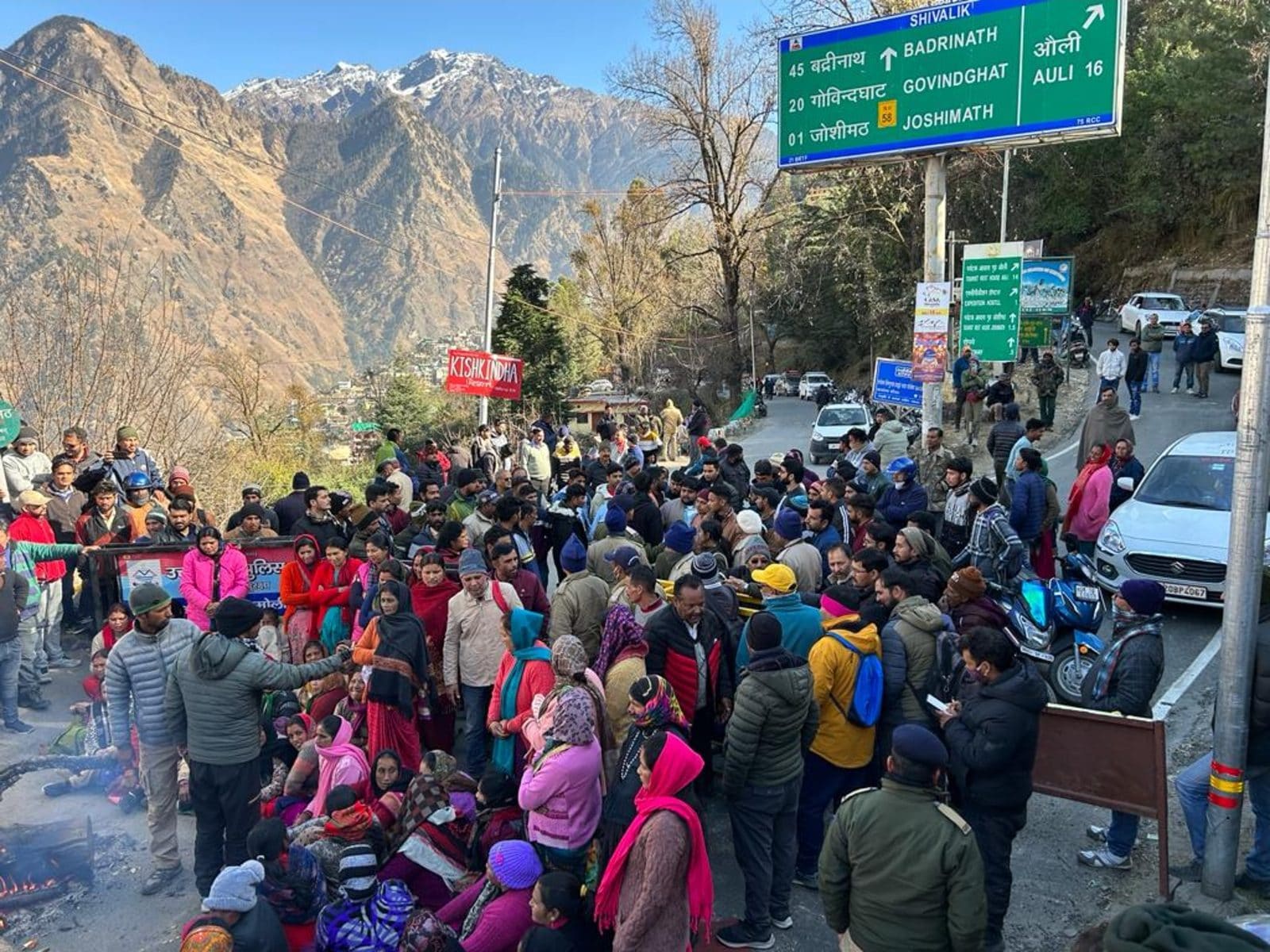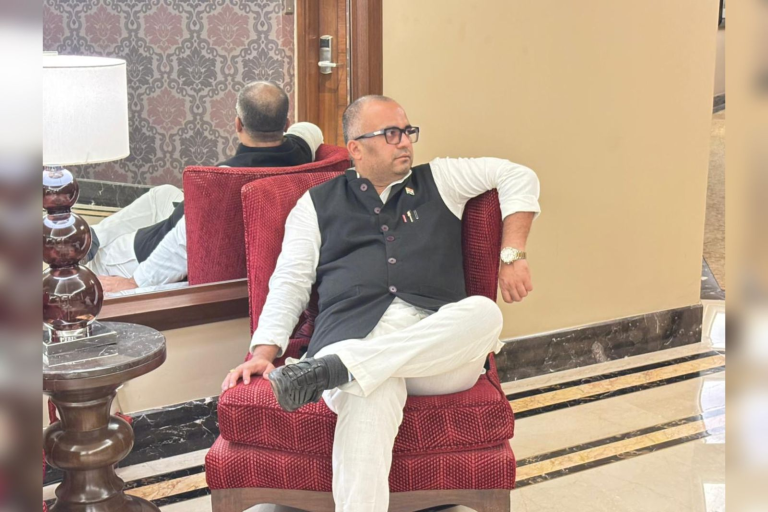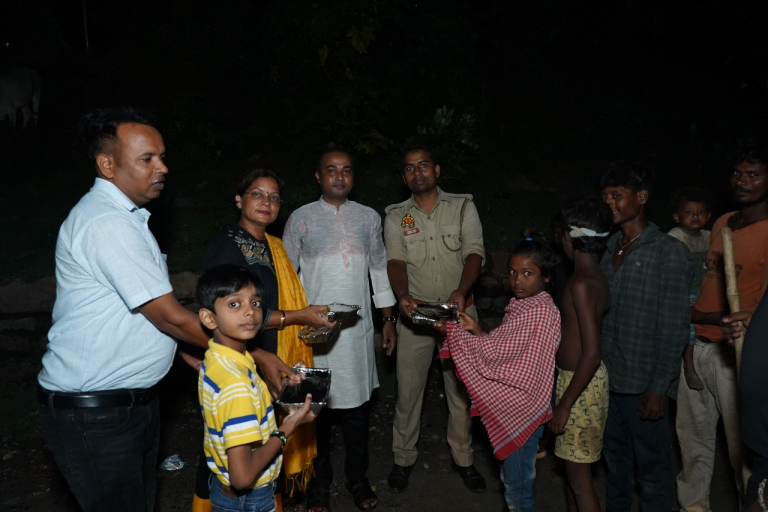
Cracks in houses, buildings on the verge of collapsing, and a collapsed temple have sounded the alarm in the Uttarakhand town of Joshimath. Joshimath is sinking as a result of a lethal cocktail of landslides, seismic activity, and unplanned development.
Amid local panic and protests, the Pushkar Singh Dhami-led Uttarakhand government issued a slew of measures on Friday in an attempt to avert disaster in the Himalayan town. The Chief Minister has directed that 600 families living in at-risk houses be evacuated to safer locations as soon as possible.
Dhami is also planning a trip to Joshimath today. He told reporters that a sufficient number of National Disaster Response Force (NDRF) and State DRF teams would be deployed, and that helicopter facilities would be available if needed.
The Tapovan-Vishnugarh hydropower project and the Marwadi-Helang bypass motor road have been closed indefinitely, pending further orders from the administration. In addition, the Joshimath-Auli ropeway has been closed for security reasons.
In addition, construction work in city areas has been prohibited.
The following are the most recent developments in the Joshimath sinking crisis:
The Uttarakhand government has ordered the immediate evacuation of approximately 600 families living in Joshimath houses that have developed large cracks and are in danger of collapse.
“Our top priority is to save lives. Officials have been asked to relocate 600 families living in threatened homes in Joshimath to safer areas. We are also developing short and long-term strategies to address the situation in Joshimath, “Dhami stated on Friday.
Today, Uttarakhand Chief Minister Pushkar Singh Dhami will conduct a survey of Joshimath, meet with affected families, and meet with officials. On Friday, the CM presided over a high-level meeting with senior officials to assess the situation in the sinking town.
On Friday evening, a temple in Joshimath’s Singdhar ward collapsed. There were no casualties because the temple had been closed for 15 days due to massive cracks.
At least nine wards in Joshimath have reported cracks and land subsidence incidents. The greatest impact was felt in the town’s Gandhinagar and Ravigram wards. As of January, 603 structures, including residences, had been affected.
According to disaster management officials, nearly 50 families have been relocated to safer locations. Aside from them, 60 families who lived in a colony for Vishnu Prayag Jal Vidyut Pariyojana employees were relocated elsewhere.
The Chamoli administration has made temporary shelter arrangements by allocating 229 rooms with a capacity of 1271 people as temporary shelters for affected families.
Families whose homes are damaged and become uninhabitable, or who become homeless, will receive Rs 4,000 per family per month from the Chief Minister Relief Fund, the district authorities said.
Meanwhile, the central government has formed a panel to conduct a “rapid study” of land subsidence and its consequences in the Himalayan town of Joshimath. The panel will submit its report within three days and will include representatives from the Geological Survey of India, the Ministry of Environment and Forest, and the Central Water Commission, among others.








